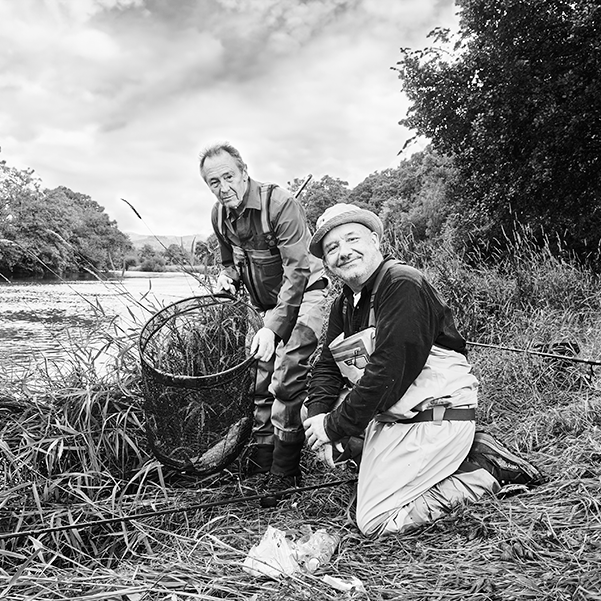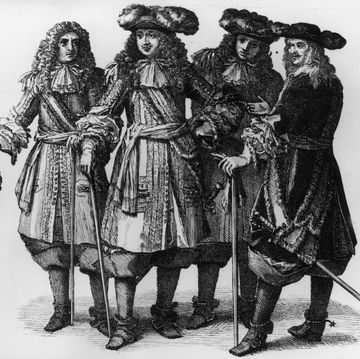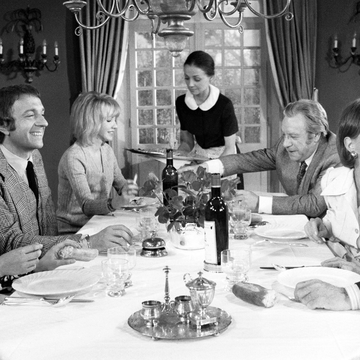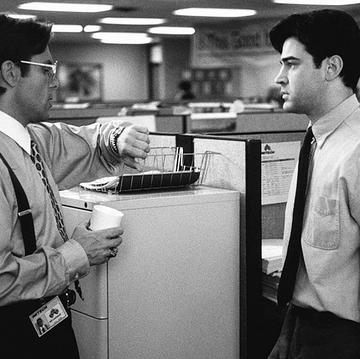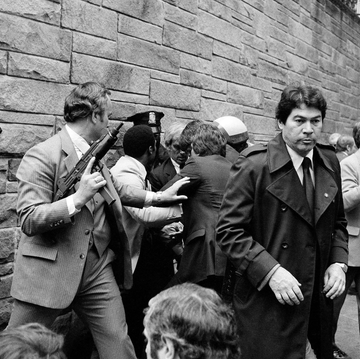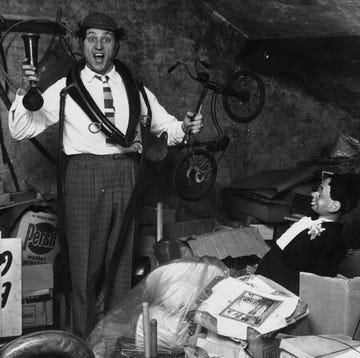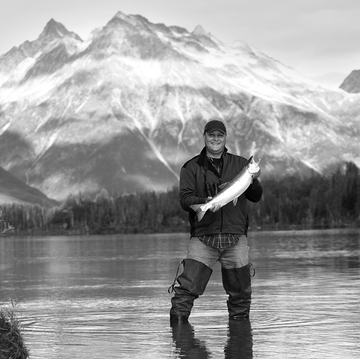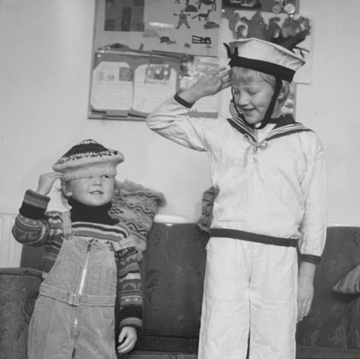If you have any interest in fishing, the works of great writers from Hemingway to Ted Hughes amount to a glowing review on Tripadvisor. But for a long time, I struggled with what might be called the lived experience of the sport. There was a bright trout stream in Devon where my brother and I tried our luck with a fishing rod, his latest nine-day wonder. And there were day trips on wallowing boats with their restful perfume of diesel and mackerel guts. Kids from around our way spoke of a place called the Stewponds. It didn’t sound very enticing: perhaps it was the faint echo of Stig of the Dump about it. Newsagents carried titles devoted to angling. The front page always showed someone smiling tightly and holding their catch, as chunky as a prize-fighter’s belt. Fishing seemed to be about speechless men at the water’s edge with Thermos flasks and squirming Tupperware. Now I catch sight of these men from the window of a train and wish I could swap places with them.
When I had a son, I had no intention of initiating him into angling, of seizing his little wrist and not letting go until he had threaded his first lugworm onto a hook. But then we started watching Gone Fishing with Bob Mortimer and Paul Whitehouse, not forgetting Ted the dog. It’s a show about angling, of course, but only in the sense that Moby-Dick is a book about a whale. Really, it’s about friendship and getting older and men bothering to take care of their health. It’s about appreciating the important things in life — not to mention beautiful scenery, soothingly filmed.
Fishing offers as much instruction as anyone needs in taking the rough with the smooth. One day, a bulging keep net; the next, the proverbial boot. Mortimer and Whitehouse have the sweetest gig in television, but what makes that sweetness especially nut-like is that they’ve become household names all over again in the Indian summer of their careers, the very August Bank Holiday of their working lives. They would probably admit that things didn’t look so rosy a decade ago. Who would guess that the British public was happy to watch two old farts (no offence) making jokes and failing to land fish?
Perhaps it was that formula — the old farts, the jokes, the relaxed approach to whether or not anything was hauled out of the water — that led me to take my boy down to the river. Or to the reservoir, as it turned out. I signed us up with Get Fishing, the Angling Trust’s campaign to persuade people to take advantage of the physical and mental benefits of the pastime.
It was raining on the morning of our session. My son and I decided we’d be lucky to bag a brace of fish between us. Our guide was Carl, a tanned, blue-eyed man in his mid-forties wearing QPR shorts. “I used to scout for them,” said Carl. “I can still go down there and get any kit I want.” He said he used to have his own roofing business. But now he walked with sticks and he escorted my son and me to the fisheries on a mobility scooter. I wondered who he was, with his claim about unfettered access to QPR kit.
The football scout is an apocryphal character out of mythology, one Hemingway and Hughes would recognise, a lonely Arthurian figure. He wanders the land incognito in a quest to find deserving young players and lead them to their destiny. All through my childhood and far too late into my teens, I hoped for an encounter with a scout. He would step out from behind the parents on a touchline, unshaven and cupping a tab in his hand, and ask to speak to my dad. I’ve gone on to interview many luminaries of the game but Carl was my first scout. Alas, my hopes in that direction long ago quicksilvered into the weeds.
We sat on our fishing boxes by a turgid brown pond. Carl assembled a pair of rudimentary rods, garnishing them with a couple of juicy maggots. A simple underarm lob of the float into the water and we were away. Despite our pessimism, Carl predicted that we’d bag at least 10 fish. Sure enough, within minutes my son was lifting a rudd out of the pond, followed shortly by a red-flecked roach,though I may have got that the wrong way round.
Carl said that he was a father of five, and a grandfather. I told him that my son had aspirations to play professional football. The former scout acquainted us with the bitter truths of talent-spotting. Men like him weren’t in the business of discovering superstars, he said: they weren’t hard to find. No, his job had been to identify the merely outstanding footballers who could make up the numbers so that the superstars would get a decent game.
I assumed that his accident had happened on a building site. In fact, he had been sitting indoors, reaching for a bottle of wine — his first drink of the day — when he somehow banged his head on the table. This blow affected his spinal column. He was in hospital for months. It was a very dark time, he said, and not one that he had always wanted to come through. As he recuperated, one of his few distractions was fishing. It was at the waterside that he met the woman who runs Get Fishing, and she offered him a job. “Who else would have me?” he laughed.
Of course anglers are notorious for their tall tales, but I liked Carl and swallowed his story —yes, hook, line and sinker. He had lost a lot of his independence and his health — “I have to take 34 tablets a day!” — and mates whom he’d trusted to look after his business had proved false. We agreed there was a lot in the old saw that you find out who your real friends are in moments of crisis. “I’ve got five friends,” said Carl, making it sound like plenty. He was touching about his wife who had seen him through so much. “I’ve bought a new rod — I’m always buying new rods — but she won’t let me have it in the house. I’ve got over 30 and she won’t let me have another.”
“She’s probably right, Carl.”
“She’s definitely right.”
He was encouraging to my son, who was about to start secondary school. “Whatever you do, be a shepherd not a sheep,” he told him. By now, he had landed more than a dozen fish and we’d only been going an hour. It was a well-stocked pond.
Carl had apparently suffered a tremendous reverse. From running his own business and making good money, he was attaching maggots onto fishing lines for kids, for whatever the charity could afford to pay him. But what he had lost had taught him the value of what he had left. He was still Carl, he was funny and kind and good company. He had his family and the solace of fishing.
Carl was the fisher king. If only I’d gone to the Stewponds, I might have run into him years ago. Anglers are supposed to rue the great, glimmering fish that slip through their fingers. But if we’re lucky, we might learn to get over what got away.
Stephen Smith is a journalist, broadcaster and author. This piece appears in the Winter 2023 issue of Esquire. For more information on UK angling charity Get Hooked on Fishing visit ghof.org.uk
